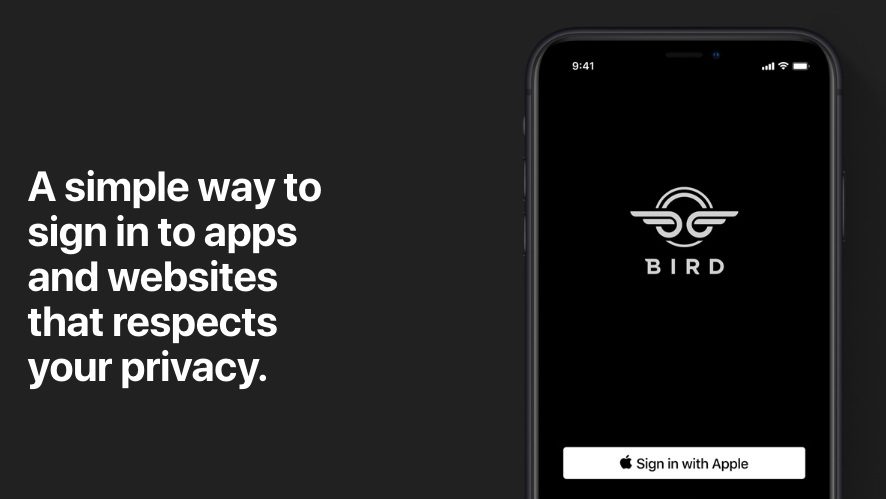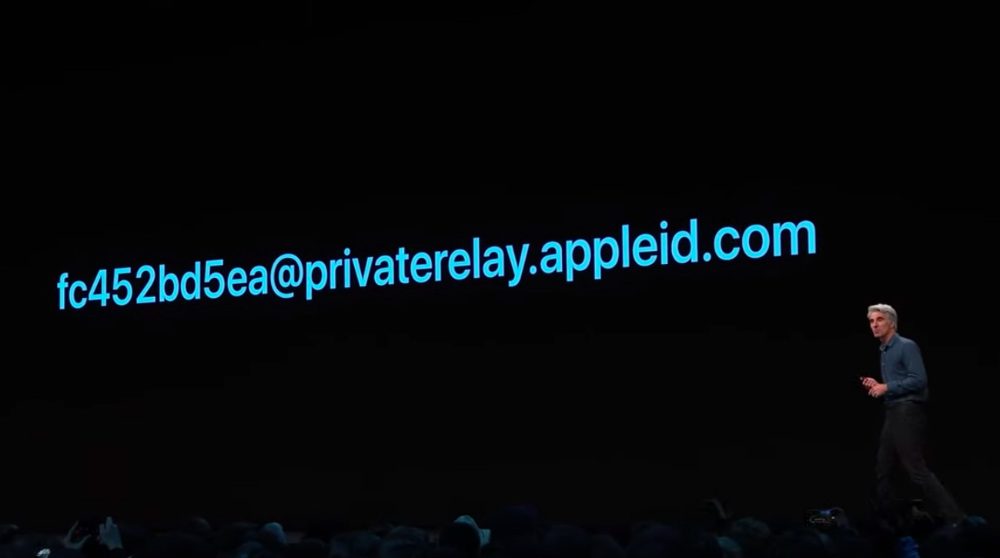SUMMARY
This is AI generated summarization, which may have errors. For context, always refer to the full article.

MANILA, Philippines – There’s a new universal sign-in option on the block: Apple sign-in. Like Google and Facebook, the new feature allows iPhone users to sign in to various apps just using one ID instead of creating an exclusive one for a specific app. It was announced at Apple’s developer conference on Tuesday, June 4.
The feature appears to be exclusive to iOS 13, meaning it may require iPhone users to update to the newest iOS, whose beta version launches today and is expected for September 2019 commercial release along with the new iPhones. (READ: All the top announcements at WWDC 2019: iOS 13, iPadOS, macOS Catalina)
On Android, Facebook and Google sign-ins have long been a staple and can be found across almost all versions of the OS, despite the rise of data privacy concerns. iPhone users have also been able to log in to apps using their Facebook and Google sign-ins. The Apple sign-in presents itself as a viable third option.
To use it to sign in to apps and websites, users just need the Apple ID they already have. They won’t have to fill out forms and create new passwords. Users just need to tap “Sign In with Apple,” which prompts either a Face ID or Touch ID confirmation – an extra step in authenticating a real user. Once in, there are only two pieces of information that an app can ask for: your name and email address.
Apple attempts to make the feature more secure by giving users the option to have Apple create a unique email address that forwards to a user’s real email address. What this means is that Apple creates a random relay address that it gives to a third-party app. The messages sent to this address will be forwarded to the user’s real email address, thus keeping the real email address essentially invisible to third-party apps. Here’s a sample relay email address:

Apple also promises that it “won’t track your activity and you’re in control of your data.” Facebook and Google have been under fire for their data collection practices, and currently, Apple has a better standing as far as data privacy is concerned. Along with the sign-in feature, Apple also touted better built-in privacy on iOS 13 including new location controls, one-time location access for apps, and “more protections than before from people who want to track you without your permission.”
The Apple sign-in option will be required on apps that support third-party sign-ins, according to Apple’s updated App Store guidelines for developers. This ensures that these apps will be including the option even if they’ll be potentially missing out on the user data they will usually crave.
“Apple does not use Sign In with Apple to profile users or their activity in apps,” the company said on its iOS 13 page. Relative to Facebook and Google, Apple has a better reputation when it comes to data privacy, so the company appears to be banking on that with these statements. As trust in Apple appears to remain strong, the Apple sign-in carries considerable appeal, especially for those who are starting to value their data privacy more. – Rappler.com
Add a comment
How does this make you feel?
There are no comments yet. Add your comment to start the conversation.